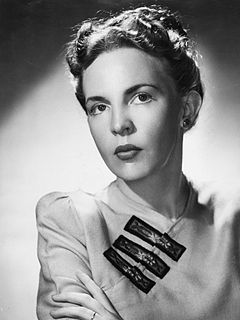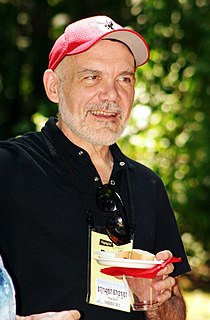A Quote by Dana Spiotta
There are lots of authentic, moving characters in so-called systems novels, just as there are certainly deep structural ideas in some character-driven novels.
Related Quotes
In Pakistan, many of the young people read novels because in the novels, not just my novels but the novels of many other Pakistani writers, they encounter ideas, notions, ways of thinking about the world, thinking about their society that are different. And fiction functions in a countercultural way as it does in America and certainly as it did in the, you know, '60s.
Now you mustn't think that I don't have any ideas for novels in my head. I've got ideas for ten novels in my head. But with every idea I have, I already foresee the wrong novels I would write, because I also have critical ideas in my head; I've got a full theory of the perfect novel, and that's what stumps me.
Why do I like to write short stories? Well, I certainly didn't intend to. I was going to write a novel. And still! I still come up with ideas for novels. And I even start novels. But something happens to them. They break up. I look at what I really want to do with the material, and it never turns out to be a novel.

































